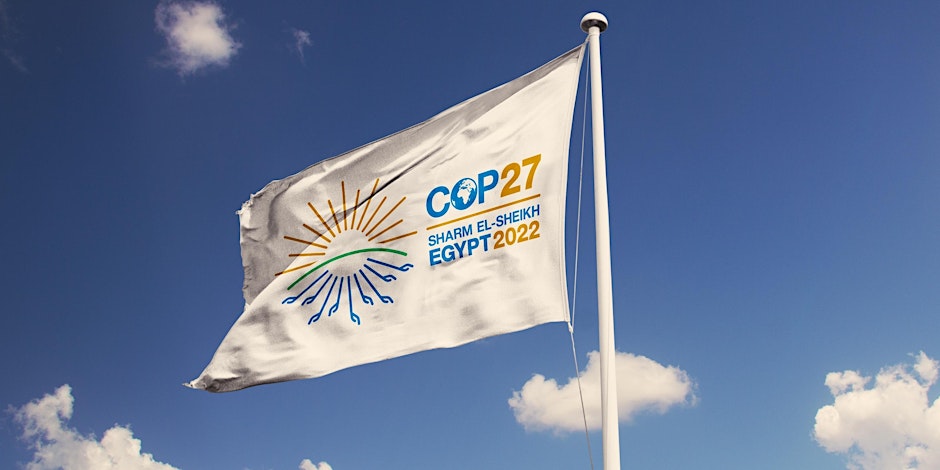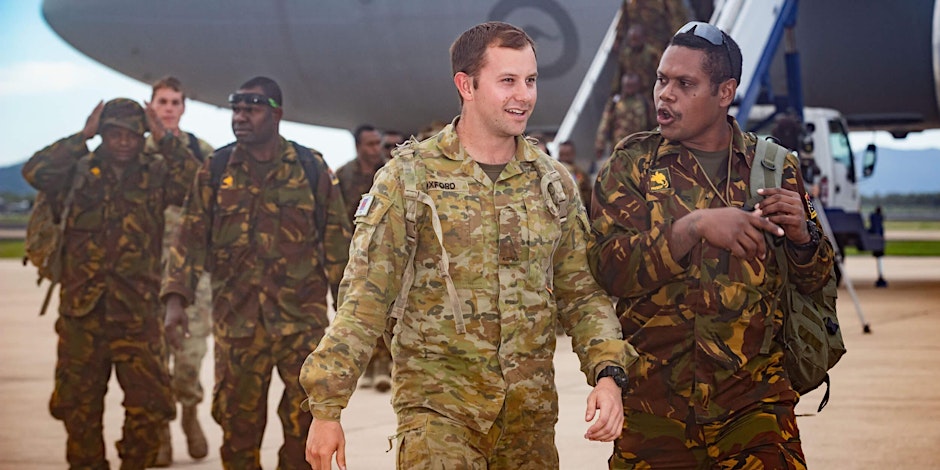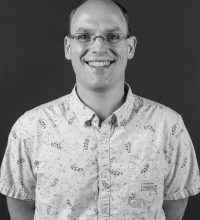In an opinion piece, astrophysicist and ANU VC, Brian Schmidt urged that "Research in Australia’s universities should be driven by curiosity, not commerce" (The Guardian, 25 October 2022). He pointed out that technology such as WiFi was a spinoff from pure research. However, most of the useful, and profitable innovations from universities are not happy accidents, they are applied research to a practical outcome, funded by government, the military, and companies, with specific goals. The Internet was no accident, it was directed research, funded by the US Government, with the intent to build a reliable computer network.
There are skills and techniques which academics need to undertake applied research. There are also specialist roles for those who take the basic work and build usable products and services from it. These are very difficult fields with their own bodies of research.
As a computer professional who wrote policy for government I had the honour of occasionally dipping into this field. As someone who helps out at a university I regularly get asked by academics how to get funding from government and industry. My answer is invariably is that they have to offer a useful outcome for those they are seeking funding from. Governments want ways to improve the lives of citizens, and companies want ways to make money. Ensuring that these things happen are very challenging tasks.
Several decades ago I visited Cambridge University (UK) to see how they commercialised research. What surprised me was that just about everyone, from the students to the VC, were hustling for money for commercial development. This was not treated as an accidental spinoff from pure research, but central to academia. Academics were comfortable going from the lab to the board room. On my return I proposed Australia, and Canberra in particular, adopt this approach. It is reflected in the establishment of the Canberra Innovation Network.




